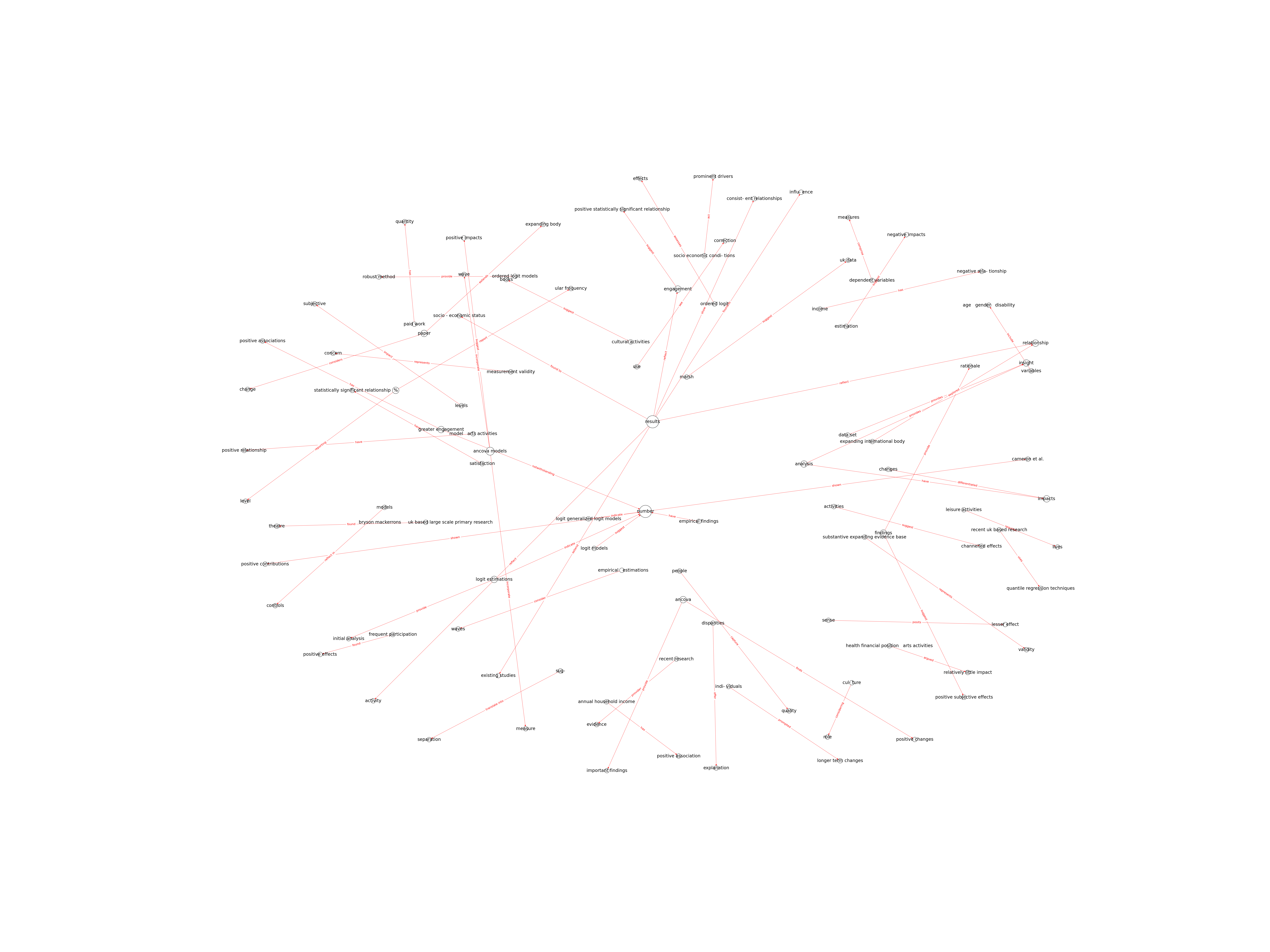| Id | 118 | |
| Author | Wheatley, D.; Bickerton, C. | |
| Title | Measuring changes in subjective well‑being from engagement in the arts, culture and sport | |
| Reference | Wheatley, D.; Bickerton, C. (2019) Measuring changes in subjective well‐being from engagement in the arts, culture and sport, Journal of Cultural Economics (2019) 43:421–442. |
|
| Keywords | arts; culture; leisure; life satisfaction; social interaction; sport; subjective well-being |
|
| Link to article | https://doi.org/10.1007/s10824-019-09342-7 |
|
| Abstract | This paper considers change in subjective well-being from engagement in leisure activities, encompassing the arts, culture and sport. Using UK data from waves 2 (2010–2011) and 5 (2013–2014) of Understanding Society, ordered logit, generalized ordered logit, ANCOVA and change score analysis assesses the effects of changing levels of engagement in leisure activities on four measures of subjective well-being, satisfaction with life overall, amount of leisure time, health and job. We find positive changes in (1) life satisfaction from increased engagement in arts events, historical sites and museums, (2) leisure satisfaction from arts activities and events, (3) health satisfaction from arts events and historical sites and (4) well-being measures from increased participation in moderate- and mild-intensity sport. Benefits do not translate to job satisfaction, suggesting a separation of this domain of well-being from leisure. Our analysis suggests important, but differentiated, positive change in well-being from greater engagement in the arts, culture and sport. |
|
| Metodology | To explore the relationship between engagement in leisure activities and subjective well-being, panel data are extracted from waves 2 (2010–2011) and 5 (2013–2014) of Understanding Society, alternatively titled the United Kingdom Household Longitudinal Study (UKHLS). Understanding Society is a longitudinal sample survey of 40,000 households, comprising face-to-face and telephone interviews capturing data from adult (aged 16 and over) household members. The aim of Understanding Society is to enhance knowledge of social and economic change at household and individual levels (Understanding Society 2012). This data set provides insight into engagement in a wide range of arts, cultural and sporting activities, comprising 70 activities in total, as well as capturing relevant measures of subjective well-being. Waves 2 and 5 of the survey are used as they contain modules on leisure activities. Leisure activities are grouped into arts activities, arts events, libraries, archives, museums, historical sites and moderate- and mild-intensity sports. The dependent variables in the analysis comprise both overall life satisfaction and domain satisfaction measures (van Praag et al. 2003), amount of leisure time, health and job. In addition to the focus variables, a number of socio-economic and demographic independent variables are included as controls as they have been shown in existing research as being relevant to subjective well-being see Dolan et al. (2008) for a comprehensive discussion . Ordered logit, generalized ordered logit, ANCOVA and change score analysis are conducted. |
Technique | UKHLS; Likert Scale questions; Ordered logit; ANCOVA; partial proportional odds model; binary loggit models |

Note: Due to lack of computing power, results have been previously created and saved in database


